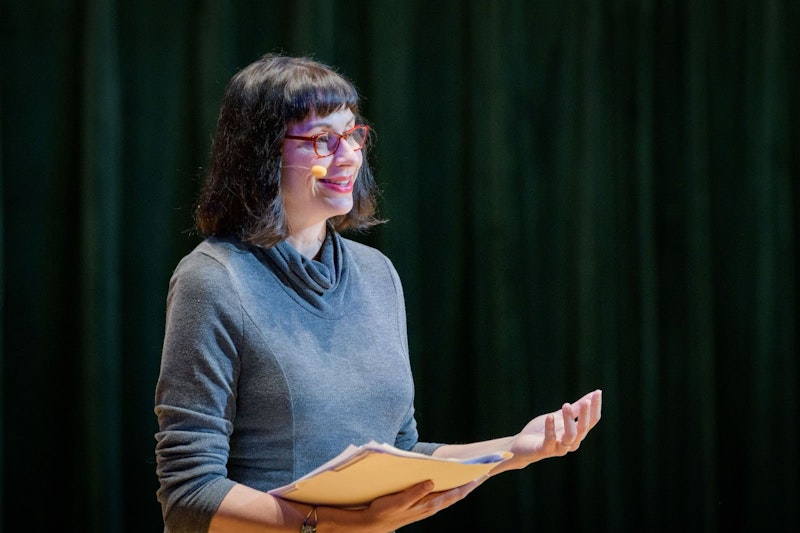The University of Delaware: Helping Students Find Common Ground through Constructive Dialogue

Image Credit: University of Delaware
Using CDI’s Perspectives platform, Dr. Lindsay Hoffman transformed her classrooms into spaces where students confidently engage in meaningful, constructive dialogue across differences.
The Challenge
Many college students today feel hesitant or uncomfortable expressing their opinions on controversial topics, especially when those opinions differ from their peers. According to a February 2021 survey by Inside Higher Ed and College Pulse, 20% of students overall, and 30% of Republican or Republican-leaning students, indicated they did not feel comfortable sharing their views openly in class. This environment creates barriers to meaningful engagement and deepens divides among students.
The Partnership
Lindsay H. Hoffman, Ph.D., Associate Professor of Communication & Political Science and Associate Director of the Center for Political Communication at the University of Delaware, addressed this challenge by integrating CDI’s Perspectives program into her courses.
Perspectives teaches students practical dialogue skills rooted in behavioral science, emphasizing curiosity, empathy, storytelling, and common ground. Hoffman paired students weekly with classmates whose views initially differed from theirs, guiding them through structured dialogues designed to build understanding and mutual respect.
Outcomes
Students reported reduced discomfort and increased willingness to engage across viewpoints.
Peer‑to‑peer pairing allowed disagreements to become learning opportunities rather than conflicts.
Student reflections highlighted how sharing personal stories shifted classroom tone from debate to dialogue.
Lessons Learned
Key takeaways from Hoffman’s implementation of Perspectives include:
-
Embed dialogue deeply within curriculum:
Structured integration ensures dialogue is viewed as essential rather than optional. -
Offer regular peer-to-peer interactions:
Repeated interactions normalize discomfort and build genuine relationships. -
Use storytelling as a bridge:
Encouraging students to share personal experiences fosters empathy more effectively than abstract debate. -
Secure faculty commitment and provide training:
Equipping faculty with effective facilitation strategies enhances dialogue outcomes.
Many students have told me that their [peer-to-peer] partner was someone who disagreed with them, but once they began talking every week, they realized there were more things they held in common than [things that] divided them.
